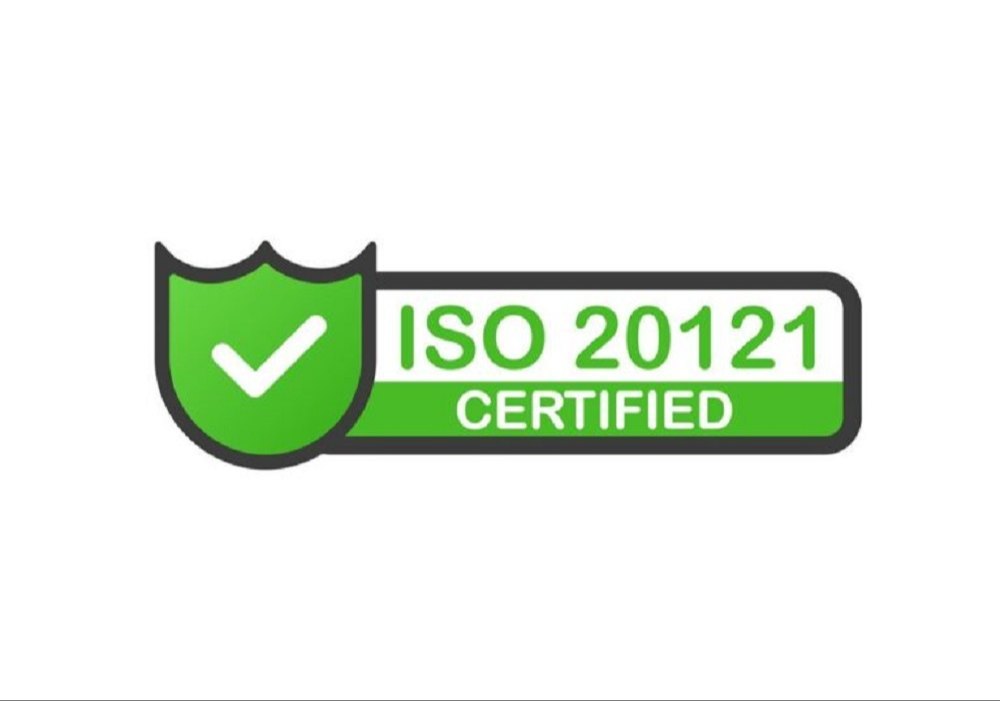Your Heading

6. Waste Management:
ISO 20121 emphasizes the importance of waste minimization and resource efficiency throughout the event planning and execution process. Organizers are encouraged to implement waste reduction strategies, promote recycling and composting, and minimize single-use plastics and packaging.
7. Energy and Water Conservation:
Event organizers are encouraged to implement measures to conserve energy and water resources, such as using energy-efficient lighting and equipment, optimizing transportation logistics, and promoting water-saving practices.
8. Monitoring and Measurement:
ISO 20121 requires event organizers to monitor and measure the environmental, social, and economic performance of their events using key performance indicators (KPIs). This allows organizers to track progress, identify areas for improvement, and demonstrate the effectiveness of their sustainability initiatives.
9. Continuous Improvement:
The standard promotes a culture of continuous improvement, encouraging event organizers to regularly review and evaluate their sustainable event management practices, identify opportunities for improvement, and implement corrective actions to enhance performance.
10. Certification:
Organizations can seek certification against ISO 20121 to demonstrate their compliance with the standard and their commitment to organizing sustainable events. Certification provides third-party verification of an organization's sustainable event management practices and can enhance credibility and reputation.
ISO 20121 is an international standard that provides guidance for
organizing sustainable events, with a focus on minimizing negative
environmental, social, and economic impacts while maximizing positive
contributions. Here's how ISO 20121 relates to sustainable events:
1. Sustainable Event
Management System:
ISO 20121 outlines the requirements for establishing and
implementing a sustainable event management system (SEMS). This management
system provides a framework for identifying and addressing the environmental,
social, and economic impacts of events throughout the event lifecycle.
2. Stakeholder Engagement:
The standard emphasizes the importance of engaging stakeholders,
including event organizers, suppliers, attendees, local communities, and
regulatory authorities, in the sustainable event management process.
Collaboration and communication with stakeholders help ensure that their
concerns and perspectives are considered in decision-making.
3. Sustainability Planning:
ISO 20121 requires event organizers to develop a sustainability
policy and objectives that align with the organization's values and commitment
to sustainability. This involves setting specific targets and performance
indicators for reducing environmental impacts, promoting social responsibility,
and enhancing economic benefits.
4. Legal and Regulatory
Compliance:
Organizers must comply with applicable legal and regulatory
requirements related to environmental protection, health and safety,
accessibility, and other relevant areas. ISO 20121 provides guidance for
identifying and complying with relevant legislation and regulations to ensure
legal compliance.
5. Supply Chain Management:
The standard encourages event organizers to work with suppliers and contractors who share their commitment to sustainability. This includes sourcing sustainable products and services, promoting ethical business practices, and minimizing the environmental and social impacts of the supply chain.
By following the guidelines outlined in ISO 20121, event organizers can plan and execute events that minimize negative impacts on the environment and society while maximizing positive contributions to sustainability. This helps create memorable and impactful events that align with the principles of sustainable development.

